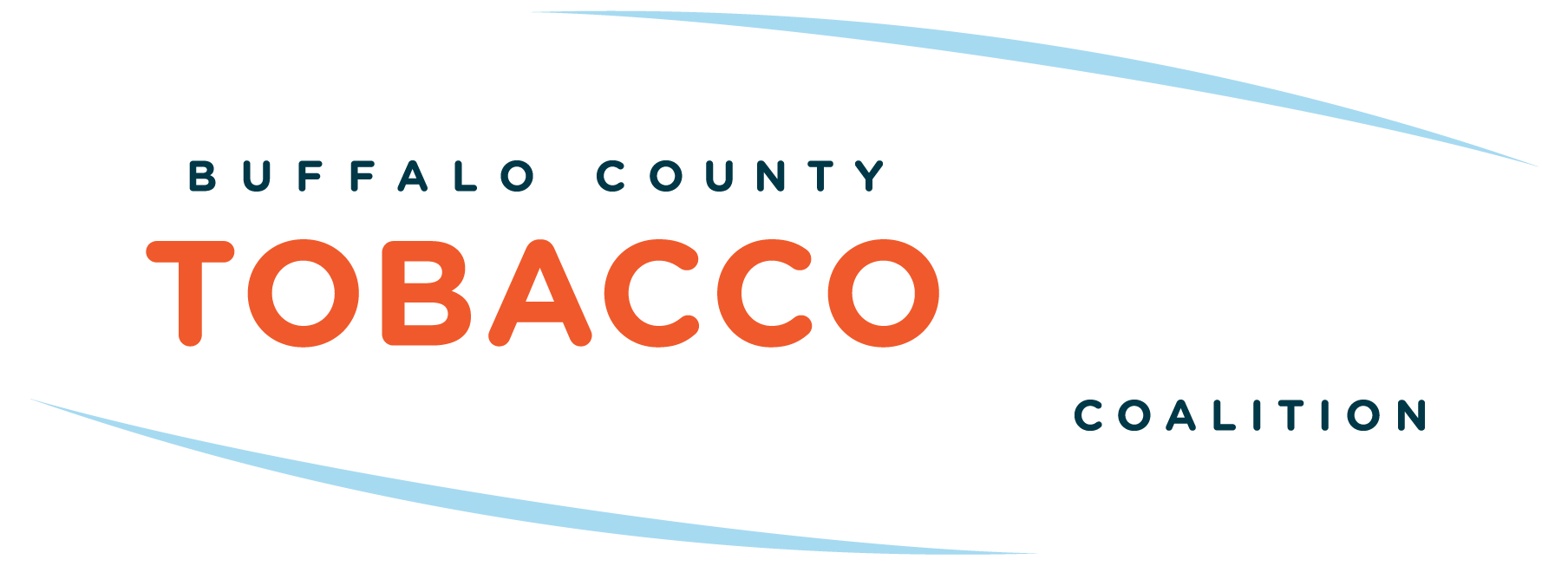Quit smoking to start your year off right.
Every January 1, people all over the world make New Year’s resolutions. If you’re one of the nearly 7 in 10 U.S. smokers who want to quit, why not make a resolution to get started? Smoking is still the number one cause of preventable death and disease in the United States. Quitting now can cut your risk for diseases caused by smoking and leave you feeling stronger and healthier.
Tiffany, a former cigarette smoker, was 16 when her mother—also a smoker—died of lung cancer. Despite her loss, Tiffany started smoking. She finally decided to quit when her daughter Jaelin turned 16 because she could not bear the thought of missing out on any part of Jaelin’s life, like her own mother did. Her effort to quit began with setting a specific date to quit smoking and reaching out to family and friends for support. In the video “Tiffany’s Decision” from CDC’s Tips From Former Smokers (Tips) campaign, she talks about the “aha” moment that sent her on a different, healthier path for her own life.
Most smokers who want to quit try several times before they succeed, but you can take steps that can improve your chances of quitting for good.
Develop a Quit Plan
Planning ahead is a major part of successfully quitting smoking. Smokefree.gov offers details on how to create an effective quit plan, including:
Picking a quit date. Starting the new year smokefree is a great idea.
Letting loved ones know you’re quitting so they can support you.
Listing your reasons to quit smoking. See the “Smoking and Diabetes” ad featuring Bill—another former smoker who participated in the Tips campaign—for advice on finding your reasons to quit.
Figuring out what triggers make you want to smoke so you can avoid them, especially during the early days.
Having places you can turn to for help right away, including the free resources listed below.
Use Free, Effective Resources
There are many free resources for people trying to quit smoking:
1-800-QUIT-NOW (1-800-784-8669) or 1-855-DÉJELO-YA (1-855-335-3569) (for Spanish speakers). This free service offers a lot of resources, including coaching, help with making a quit plan, educational materials, and referrals to other resources where you live.
Smokefree TXT. This free 24/7 texting program sends encouragement, advice, and tips to help smokers quit smoking for good. To get started, just text QUIT to 47848, answer a few questions, and you’ll start receiving messages.
Online help. This Tips From Former Smokers web page provides helpful online quit resources.
Smokefree App. The QuitGuide is a free app that tracks cravings, moods, slips, and smokefree progress to help you understand your smoking patterns and build the skills needed to become and stay smokefree.
Talk to your health care provider about medicines that may help you quit smoking.
Find a Medication That’s Right for You
Because cigarettes contain nicotine, a powerfully addictive drug, when you first quit, your body may feel uncomfortable until it adjusts. This is known as withdrawal, and there are medications that can help lessen this feeling and the urge to smoke. Studies show that smokers who use medicine to help control cravings, along with coaching from a quitline, in a group, or from a counselor, are much more likely to succeed than those who go it alone. Talk to your doctor, pharmacist, or other health care provider before using any medications if you:
Are pregnant or nursing
Have a serious medical condition
Are currently using other medications
Are younger than 18
Many options are available if you are considering using medications to help you quit smoking. The most common smoking medications are nicotine replacement therapies (NRTs), which give your body a little of the nicotine that it craves without the harmful chemicals found in burning cigarettes. Examples of Food and Drug Administration-approved NRTs that you can buy over the counter include:
Nicotine patches
Nicotine gum
Nicotine lozenges
NRTs that need a prescription include nicotine inhalers and nasal spray. Your doctor can also prescribe medication that does not contain nicotine (such as bupropion or varenicline) to help you quit smoking completely.
As the start of a new year approaches, isn’t now the perfect time to quit smoking? You can start 2016 as a healthier you by making a quit plan, using free resources, and finding a smoking medication that’s right for you. Even if you don’t smoke yourself, you can use this article to help a friend or family member become smokefree in 2016!
More Information
Quitting Smoking (CDC fact sheet)
What You Need to Know About Smoking[811 KB] (CDC fact sheet)
Let’s Make the Next Generation Tobacco-Free: Your Guide to the 50th Anniversary Surgeon General’s Report on Smoking and Health[12 MB] (consumer guide)

Comments